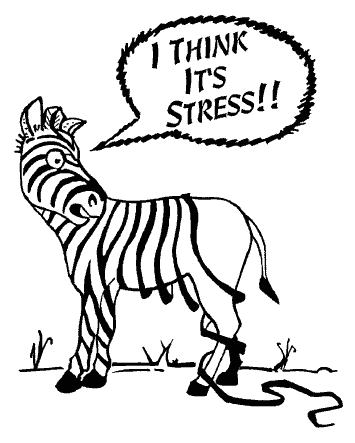Comfort food did not get the title by accident. Many of us are aware we are stressed. Most of us are trying to control weight gain by eating better and making better choices, which can be very difficult when eating something that we like makes us temporarily feel better in the short-term. Then settles in the guilt…and you’re back to square one.
The truth is that stress (whether perceived or an immediate crisis) does change the cortex and its ability to modify food cravings from the top-down.

In human evolution, not having food has been a big deal. Not so much in the modern world, but sadly Third World countries know all too well about food deprivation and the feeling of an empty stomach. Our brain has areas that are responsible for identifying when we need food for energy and to keep our body functioning, and when we do not (also called satiety, or the feeling of being full).
Dr. Jaideep Bains at the University of Calgary has studied the hypothalamus, an area in the brain associated with regulation of temperature, metabolism, appetite, and also is deeply involved in the perception of stress. Hormonal response to stresses (like cortisol) are directly controlled by the hypothalamus that sends out signals so the brain needs food because from an evolutionary perspective, without food, we starve. So the blanket word “I’m just stressed” might have more impact than you know.